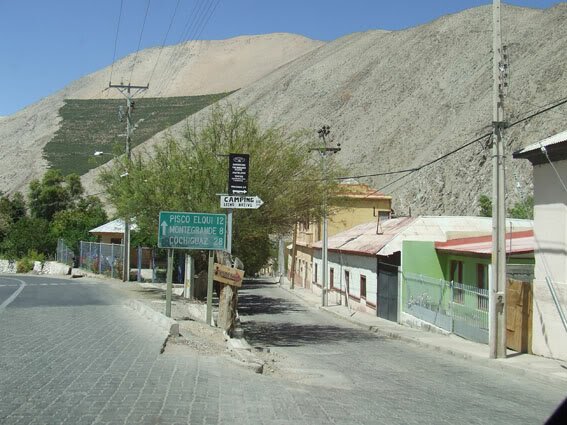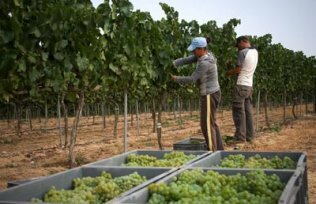copyright (c) 2011 NICHE
Site by websculptures
Sitemap
Development of a novel high sensitivity biomarker for chronic and low dose exposure to organophosphate pesticides
The project “Development of a novel high sensitivity biomarker for chronic and low dose exposure to organophosphate pesticides” is financed by FONDEF from the National Commission of Investigation, Science and Technology (CONICYT) in Chile; which is being developed in the Faculty of Medicine of the Universidad Católica del Norte. The purpose of the above mentioned project is the development of a novel high sensibility biomarker for chronic exposure to organophosphate pesticides (OPP), assessing the relation between the already known biomarkers, the novel biomarker and levels of neuro-psychological damage.
The PhD research of Muriel Ramírez-Santana “Assessing biomarkers and neuropsychological outcomes in rural populations exposed to organophosphate pesticides in Chile” is focus on analyzing the epidemiological data, neuropsychological test results and biomarkers level, in order to validate the enzyme ACPH as a biomarker for chronic and low-level exposure to OPP. Some implications on Public Health regulations and a program of preventive measures are expected to be developed; as well as an economic evaluation of the new biomarker. The specific laboratory work and application of psychological test will be assumed by other participants of the project. The team in charge of field work and investigators have participated from the very beginning of the project, during the face of writing the proposal. The PhD student has been part of the research project from the creation; leading the epidemiological design and as the sub-director of the research, in charge of coordination aspects with health authorities and Municipalities; as well some administrative matters. Part of the offer considers the participation of student of the Master in Public Health, who will develop the study of costs associated with poisonings for pesticides, guided by Muriel.
Three population groups have been recruited during three years (2011-2013): a group not exposed to pesticides that are people living in coastal areas far from farms (external control); a group not occupationally exposed to pesticides, composed by individuals who live in the rural and farming area (internal control); and a group occupationally exposed to pesticides, composed by individuals who live in rural areas and who are employed at agricultural labours at which they have direct contact with pesticides for more than 5 years. Neuropsychological evaluation and blood samples to assess biomarkers have been collected. All evaluations are carried out seasonally in three moments for the occupationally exposed group (before, during and after fumigation period); in two moments for internal control group (before and during fumigation) and only once for the external controls. Neuropsychological evaluation considers three areas: cognitive functions, affectivity and psycho-motricity. The biomarkers to be measured are ChE, AChE and ACPH. All field work is achieved through the use of a mobile laboratory; an adapted Peugeot boxer van, which is permanently working at the farms.
Besides her Promotor, Koos Van del Velden, other researchers involved are: Floria Pancetti-Vaccari (from Faculty of Medicine, Universidad Católica del Norte and Director of the overall project), Paul Scheepers and Nel Roeleveld, professors from Radboud UMC.

